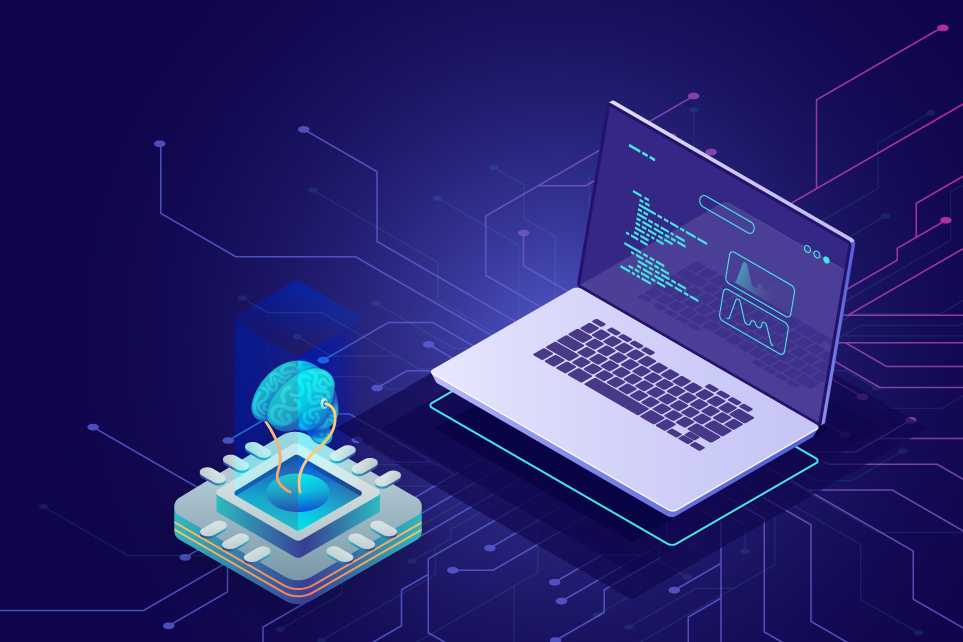

AI System Development Considerations for Positive Impact On Teams
In an era dominated by rapid technological advancements, the integration of artificial intelligence (AI) into the workplace has become a defining trend. As organizations seek to leverage the benefits of AI, it is imperative to navigate this transformative landscape with careful consideration, particularly when it comes to talent hiring and employee well-being.
The Promise of AI: A Catalyst for Innovation
AI holds the promise of revolutionizing the workplace, offering unparalleled efficiency, data-driven insights, and a myriad of opportunities for innovation. However, the key lies in understanding how to harness these advantages without jeopardizing the human element of the workforce.
Enhancing Rather than Replacing
One fundamental principle guiding the responsible development of AI systems is the idea of enhancement, not replacement. AI should be seen as a powerful assistant, freeing employees from mundane tasks and allowing them to focus on tasks that require creativity, critical thinking, and emotional intelligence.
Collaboration Over Substitution
The concept of human-AI collaboration takes center stage. Rather than relegating employees to the sidelines, the goal is to create systems where humans and AI work in tandem, each complementing the strengths of the other. This ensures that technology becomes an ally, not a competitor, in the workplace.
Transparency and Accountability: Building Trust
For AI to seamlessly integrate into the workforce, transparency and accountability are non-negotiable. Employees should understand how AI systems make decisions, fostering trust and providing a sense of control. This transparency also ensures that human oversight remains an integral part of the decision-making process.
Nurturing a Learning Culture
To counter fears of job displacement, organizations must embrace a culture of continuous learning. AI can be a catalyst for upskilling and reskilling initiatives, empowering employees to adapt to the evolving demands of their roles. The emphasis should be on creating opportunities for growth and development.
Ethical AI: A Moral Imperative
As AI becomes more prevalent, ethical considerations come to the forefront. Organizations must develop AI systems that are free from biases and ensure fair and equal treatment. Prioritizing ethical AI practices safeguards against unintentional negative consequences on talent hiring and employee well-being.
The Road Ahead
In navigating the AI era, organizations must strike a delicate balance between technological innovation and the well-being of their workforce. The successful integration of AI hinges on a strategic and human-centered approach, where technology is a tool that enhances, not replaces, the unique capabilities of employees. By fostering a collaborative and learning-centric culture, organizations can ensure that AI becomes a driving force for positive change in the workplace.
